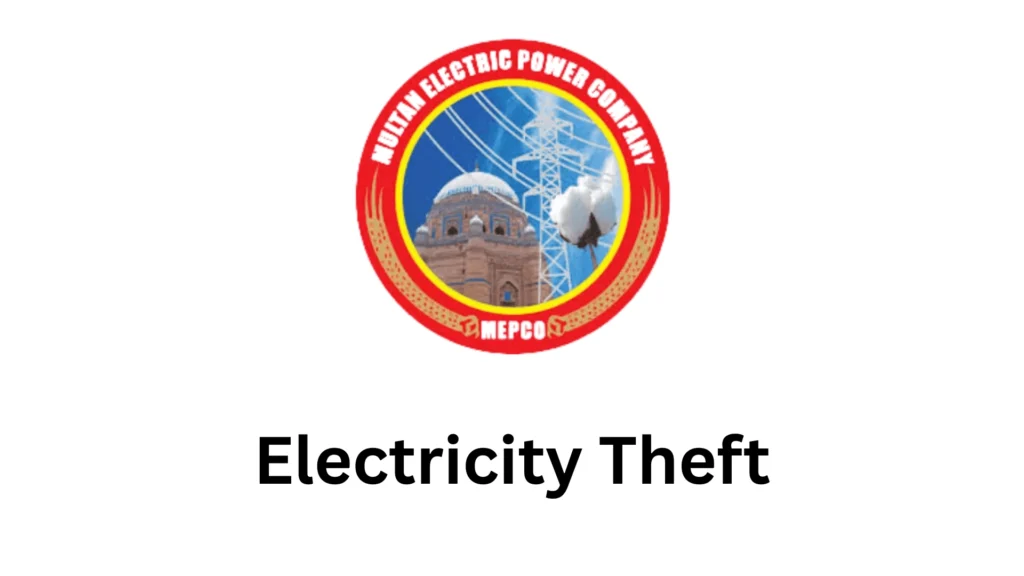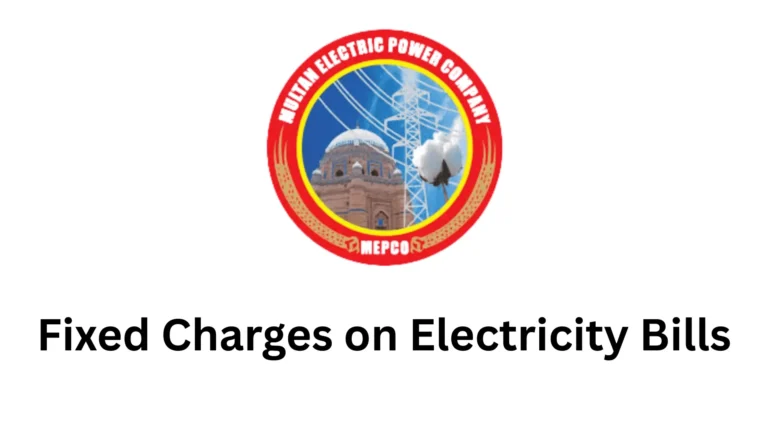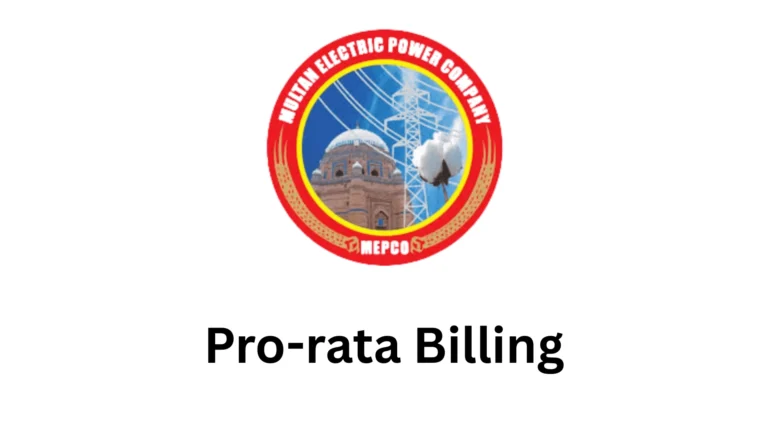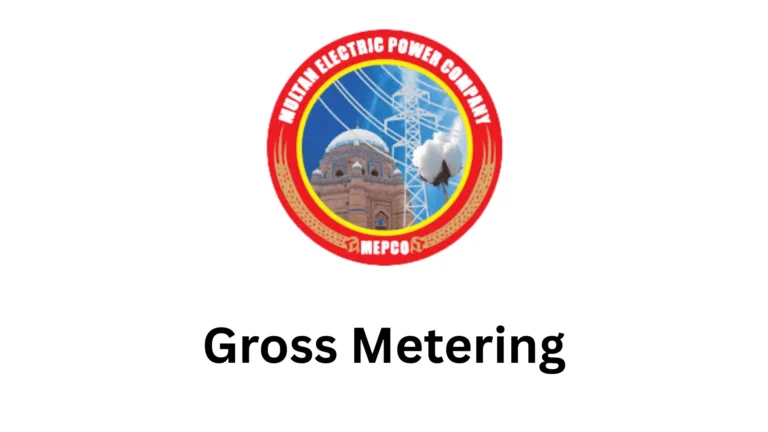Electricity Theft in Pakistan: Causes, Impacts, and Solutions
Electricity theft refers to the illegal use of electrical energy without proper billing or authorization from MEPCO.
It is carried out in multiple ways, including direct hooking from power lines, tampering with meters, manipulating billing records, and collusion with distribution company staff.
Globally, electricity theft is a problem, but in Pakistan, it has become a structural challenge due to weak governance, poverty, and poor monitoring systems.
According to international energy reports, Pakistan consistently ranks among the countries with the highest transmission and distribution (T&D) losses which is largely attributed to theft and inefficiency of electricity.

Extent of Electricity Theft in Pakistan
In Pakistan, electricity theft accounts for an estimated 20–25% of the total electricity generated. Rural and underprivileged urban areas are large in numbers, but theft is not limited to small households; large scale industrial and commercial users are also involved in it.
Causes of Electricity Theft in Pakistan
Socioeconomic Factors
High poverty, unemployment, and inflation push people to seek illegal means to access electricity. Many low income households cannot afford increasing unit prices day by day and thus rely on direct hooking.
Lack of Awareness and Education
Many citizens fail to recognize that electricity theft has collective consequences. They assume it is a victimless crime. A lack of consumer education on energy ethics is also a main cause of electricity theft.
Corruption in Power Distribution Companies
Some official companies allow or even facilitate electricity theft in exchange for bribes. This collaboration undermines institutional credibility and makes theft harder to catch.
Inadequate Law Enforcement
Laws against electricity theft exist, but do not work properly due to weak monitoring, and lack of accountability which prevent effective enforcement of these laws.
Inefficient Metering Systems
Outdated meters and manual billing systems are also a cause of manipulation which makes detection difficult. The absence of smart grids is also the worst problem.
Impacts of Electricity Theft
Economic Losses to the National Grid
Electricity theft costs Pakistan billions annually which is contributing directly to the circular debt cause of problems in the power sector.
Increased Load Shedding
When a significant amount of power is stolen, supply demand imbalances increase. Which may lead to result in load shedding that affects households and industries alike.
Rising Electricity Costs for Honest Consumers
To recover losses, DISCOs increase tariffs, punishing law-abiding consumers who already struggle with high costs.
Damage to Electrical Infrastructure
Illegal connections overload transformers and lines, causing frequent breakdowns and increasing maintenance costs.
Impact on Foreign Investment and Economy
An unreliable and theft prone electricity system discourages foreign direct investment (FDI).
Current Measures and Their Effectiveness for Electricity Theft
Government Initiatives
The government has launched anti-theft drives, special task forces, and strict penalties for electricity theft. However, sustainability of these measures is weak due to political pressures.
Role of Distribution Companies (DISCOs)
DISCOs carry out raids and inspections but face limitations due to corruption.
Use of Smart Meters and Technology
Pilot projects using smart meters have shown promising results, but large-scale deployment remains limited.
Public Awareness Campaigns
Media campaigns highlight the impact of electricity theft, yet they often fail to reach remote or rural populations.
Legal Framework and Penalties
Laws exist under the Electricity Act, but enforcement is weak. Courts are slow, and many cases are dropped under political influence.
How to Stop Electricity Theft
By working together, authorities and citizens can help to decrease the impact of electricity theft, ensuring a more stable and reliable power supply for everyone.
For complaints regarding Electricity theft and overbilling, please contact the numbers mentioned here:
- Mepco Customer Service Number: 118
- Mepco Complaint No: 0304-0927000
- Mepco SDO Contact Number: 0319-9758770
- Federal Complaint Cell Number: 051-9204430 / 051-9206834
Related Topics
FAQs
Conclusion
Electricity theft in Pakistan is driven by poverty, corruption, weak governance, and outdated infrastructure. It causes economic losses, load shedding and rising bills.
The electric power sector cannot survive unless theft is controlled. Immediate reforms are needed to prevent the collapse of the energy system.
Call for a Multi-Stakeholder Approach like Government, utility companies, civil society, and the public must collaborate.
Without a collective effort, Pakistan’s energy crisis will deepen, but with effective strategies, electricity theft can be minimized, ensuring reliable and fair energy for all.






